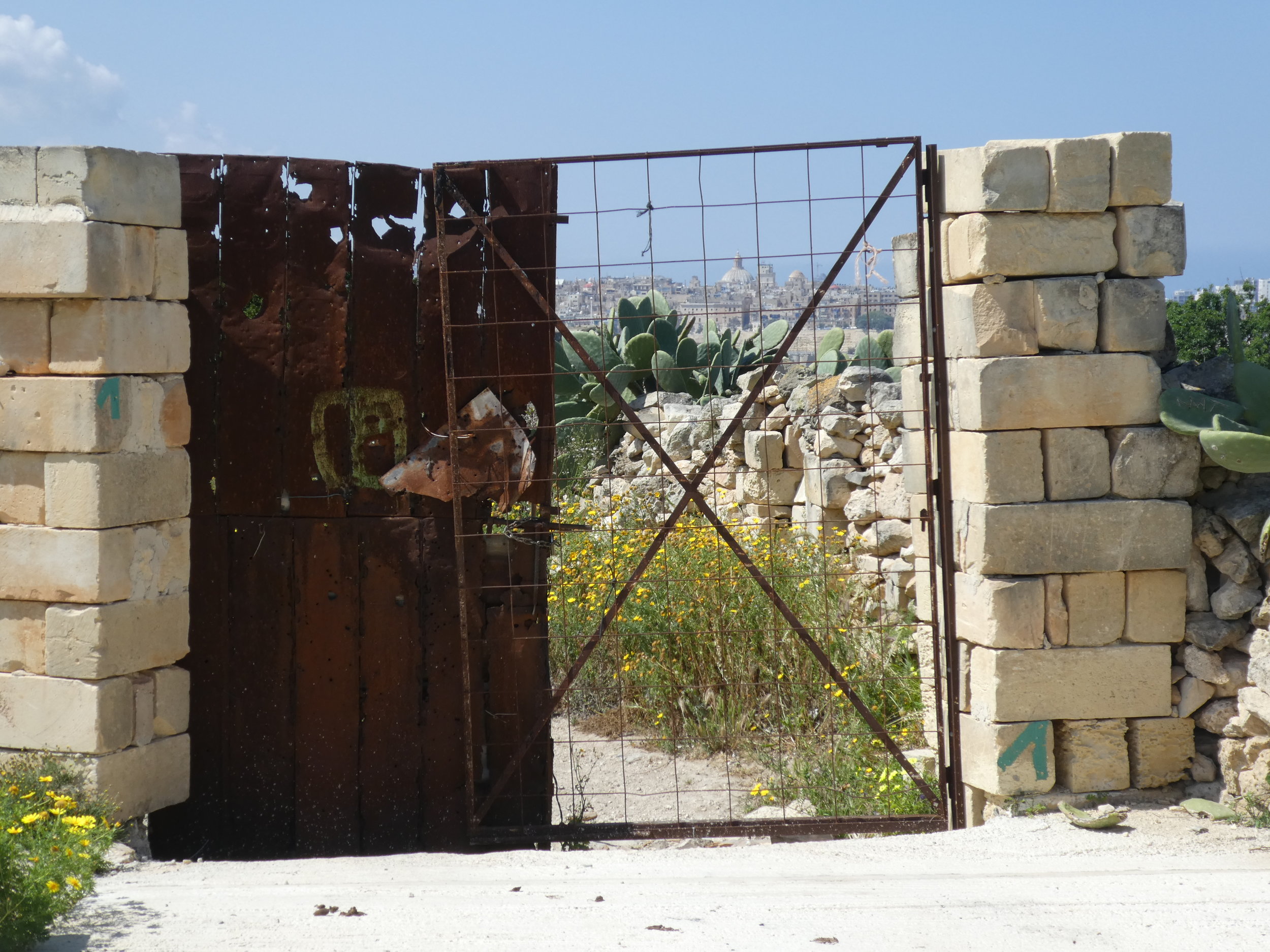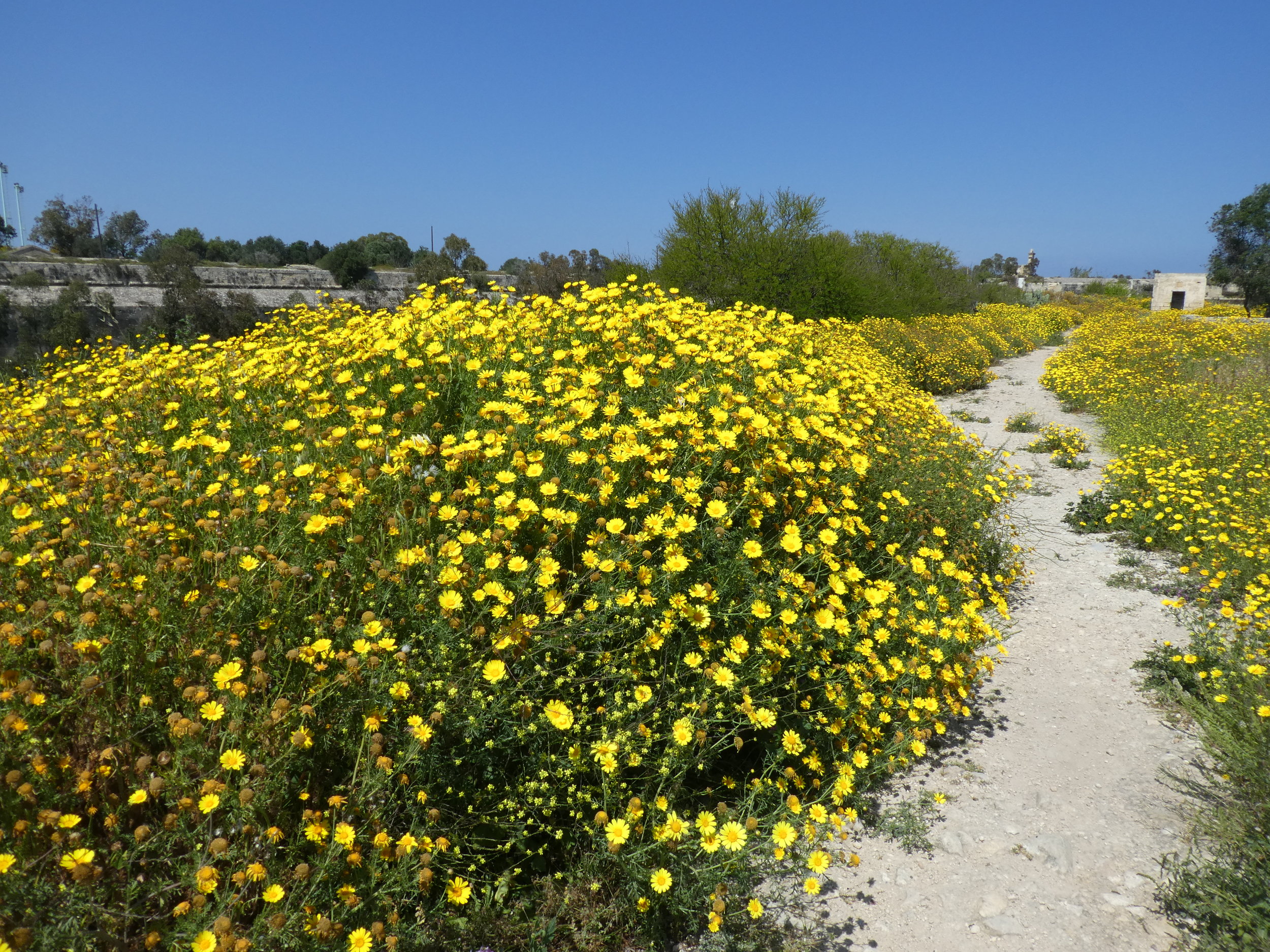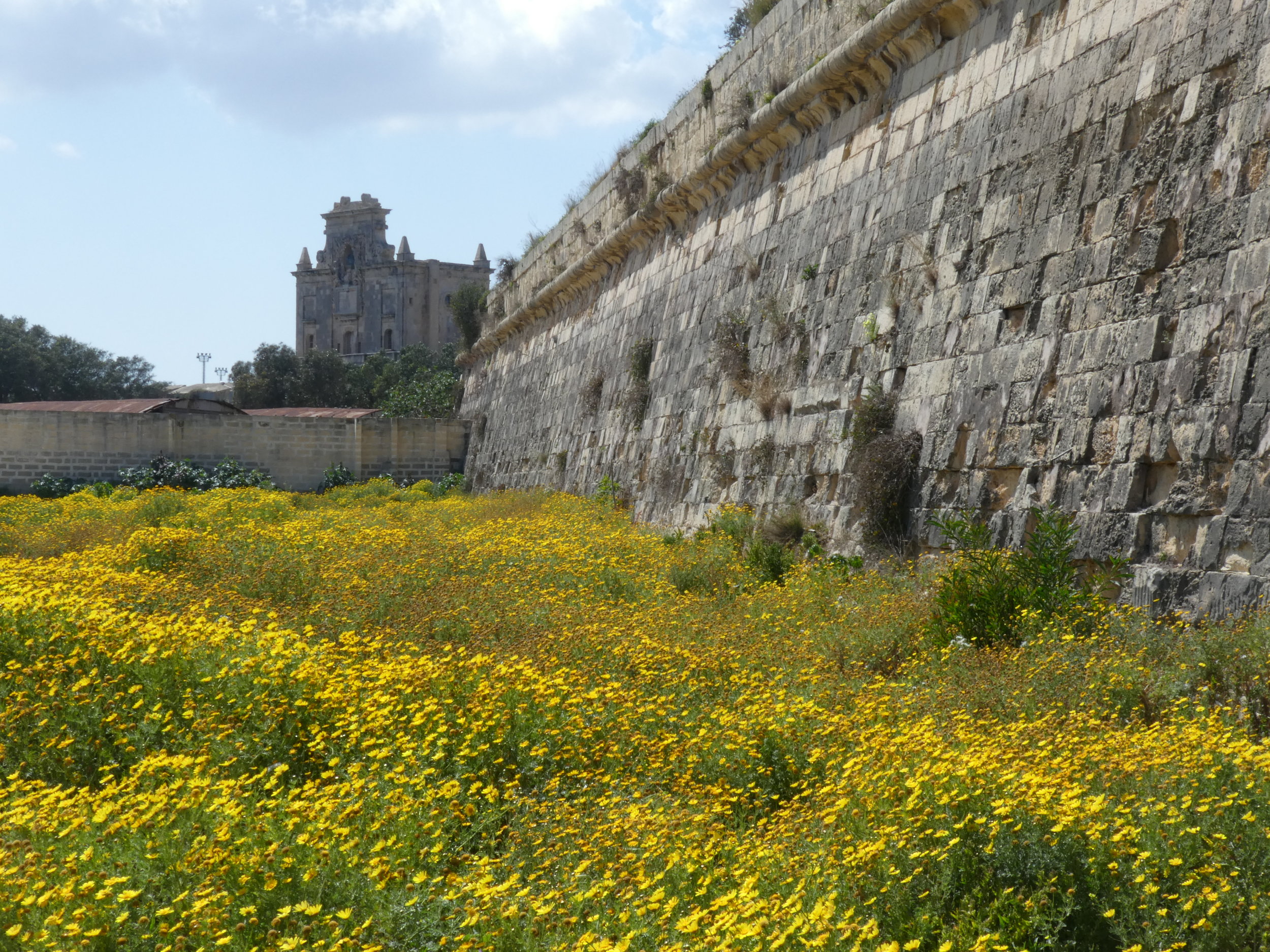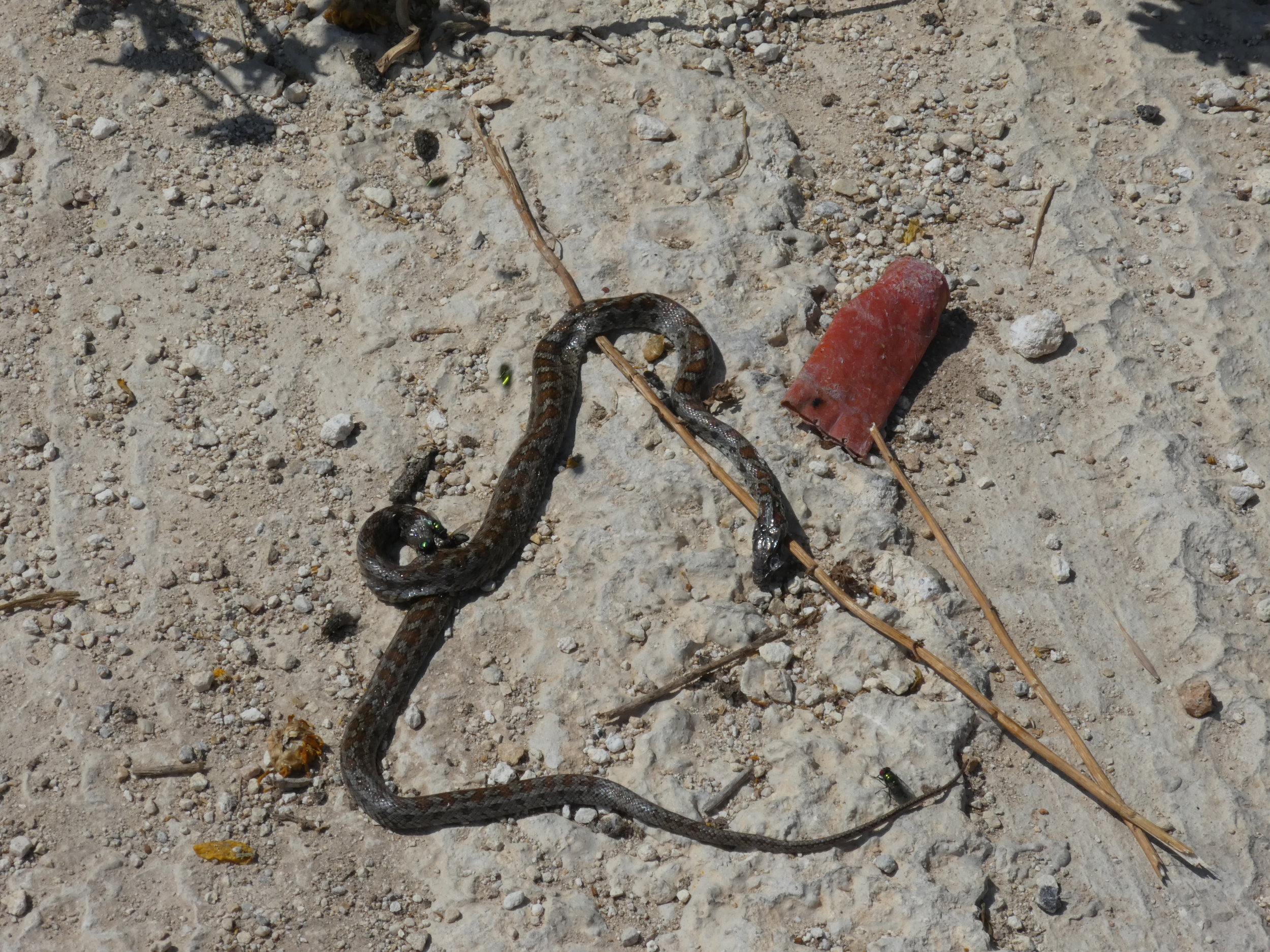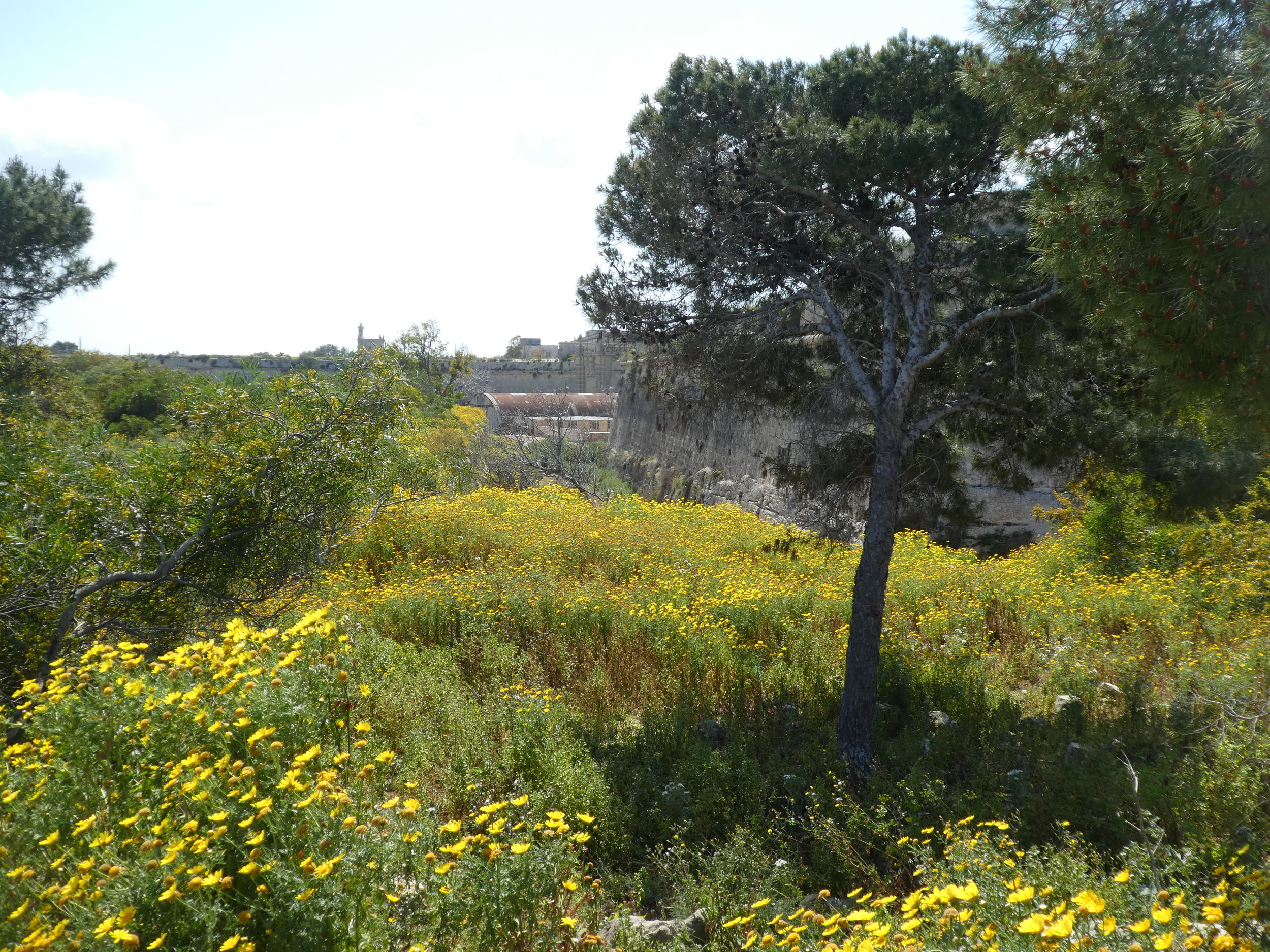When I still had to do these dull corporate performance appraisals, staff often complained about working too long hours. I sometimes wanted to crack a joke by saying: "If time is an illusion, so what is overtime?" Quite often this resulted in a complaint to the Human Resource Department or even the Worker's Council, claiming that their manager (me) does not take them seriously. Of course, I do. But can they please first do some basic research on time before talking to me about overtime?
The same I think when I hear people say that "time flies". I know what they mean: they use "flying" as a metaphor for some object changing its location over a large distance in a very short time interval.
But time is not an object, or is that too much Newton? Time is the denominator in the equation: speed = distance/time. It's not speed = time/time ... because then ... pfff ... ! So, what are they talking about?
The clue came from a student who said recently: "I want to use my time to gain experience and not just to have meaningless activities. Then time stands still." He was referring to his meaningless use of social media in this context. Gotcha! Let's translate this into something we can understand:
time / (meaning x activity) = experience / time (Eq. 1)
And derive a very simple formula for nothing less than the meaning of life by eliminating time from Eq. 1:
meaning = experience / activity (Eq. 2)
Time can't fly in this equation because it's gone anyway. Time management does not make sense either. Time Based Competition (a management classic by one of my former employers, The Boston Consulting Group) is not applicable. It's just about experiencing more per activity, no matter how long it takes.
As easily seen, there are two ways of increasing the meaning of life in Eq. 2:
- Increase the experience per activity (you can think about what that practically means, next time you go about your daily routines, do admin, or watch TV, stand in the traffic jam, etc.)
- Reduce your activities towards zero (that might explain meditation)
Just for the few of you, who took this serious now: it's not. But finding the right denominator in the target function, is fun. And for those who divide their life by time, I wish you all the best. Same to those who divide it by money. And the worst of course, is to divide money by time. That's what the billing department calls a time sheet.
















